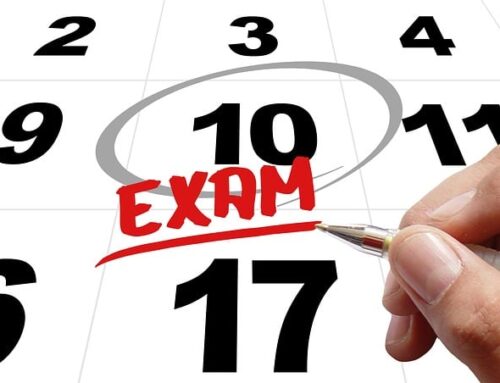The variation in academic performance among students with similar efforts can be attributed to various factors, including study techniques, learning styles, time management, and external influences. Understanding why some students earn higher grades while others may achieve less despite putting in the same level of effort can shed light on how students can improve their academic performance.
Factors Influencing Varied Academic Performance:
- Study Techniques: Effective study techniques can significantly impact academic success. Some students may employ more efficient methods, such as active learning, effective note-taking, and using mnemonic devices, which allow them to absorb and retain information more effectively.
- Learning Styles: Every student has a unique learning style. Some students are visual learners, while others learn best through auditory or kinesthetic methods. Those who understand their learning style and tailor their study techniques to match it may perform better.
- Time Management: Efficient time management is crucial in achieving academic success. Students who plan their study schedules, set goals, and prioritize their tasks are more likely to perform better. Procrastination can be a major roadblock for some students.
- External Resources: Students’ access to external resources, such as tutors, study groups, or educational technology, can affect their academic performance. Utilizing these resources can provide a boost to one’s understanding of the material.
- Attitude and Motivation: A positive attitude and intrinsic motivation can greatly impact a student’s academic performance. Students who are enthusiastic about learning are more likely to excel.
- Health and Well-being: Physical and mental health play a significant role. Students who are well-rested, maintain a healthy diet, and manage stress tend to perform better academically.
- Effective Feedback: Some students may receive more useful feedback on their work from teachers or peers. Constructive criticism and guidance can help students identify areas where they need improvement.
How Students Can Achieve More:
To improve academic performance while studying at the same pace as their peers, students can consider the following strategies:
- Identify Learning Style: Determine your learning style (visual, auditory, kinesthetic) and tailor your study methods to match it. Use techniques that align with your preferred learning style to enhance understanding and retention.
- Set Goals and Prioritize: Create a study plan with specific goals. Prioritize tasks and allocate time to subjects or topics that need more attention.
- Effective Time Management: Avoid procrastination and stay organized. Use time management tools like calendars and to-do lists to help you manage your time effectively.
- Active Learning: Engage actively with the material. Instead of passively reading or listening, participate in discussions, solve problems, and teach the material to someone else. Actively engaging with the content can improve understanding.
- Take Breaks: It’s essential to take short breaks during study sessions to prevent burnout and improve focus. The Pomodoro Technique, for example, involves working for 25 minutes and then taking a 5-minute break.
- Seek Help When Needed: Don’t hesitate to ask for help when you’re struggling with a particular topic. Reach out to teachers, tutors, or study groups to gain a deeper understanding.
- Maintain a Healthy Lifestyle: Prioritize your physical and mental health. Ensure you get enough sleep, eat a balanced diet, and practice stress management techniques like meditation or yoga.
- Practice Self-Motivation: Cultivate a positive attitude and self-motivation. Remind yourself of your goals and why you want to excel academically.
- Use Feedback: Take feedback seriously and use it to identify areas of improvement. Learn from your mistakes and continuously work on enhancing your skills.
- Stay Consistent: Consistency is key. Make studying a daily habit rather than cramming at the last minute. Gradual and consistent efforts often yield better results.
In summary, academic performance can vary among students with similar efforts due to differences in study techniques, learning styles, time management, and external resources. To achieve better grades while studying at the same pace, students should focus on understanding their individual learning style, adopting effective time management, and maintaining a healthy lifestyle while seeking help when needed and staying motivated.



[…] commencement of an intense period of preparation. To navigate this challenging time successfully, students must adopt a strategic and disciplined study approach. Starting early, creating a well-structured study schedule, focusing on weak areas, and […]
[…] intelligent time allocation means that students are not only studying harder but smarter. It’s like putting in targeted effort where it matters most, maximizing […]
[…] by setting clear, achievable goals for your study sessions. Break down your study plan into smaller, manageable tasks, and set specific milestones. […]
[…] O Level students! Save the date: August 16th. On this day, we will honour your outstanding achievements in the O Level examinations. We commend your hard work, dedication, and perseverance that have led to this […]
[…] exams due to any reason also got that same bad grades as a dull student got. There was a crowd of students who have spent time and studied, protesting against such results. Also, there was a lot of condemnation by the parents and school […]